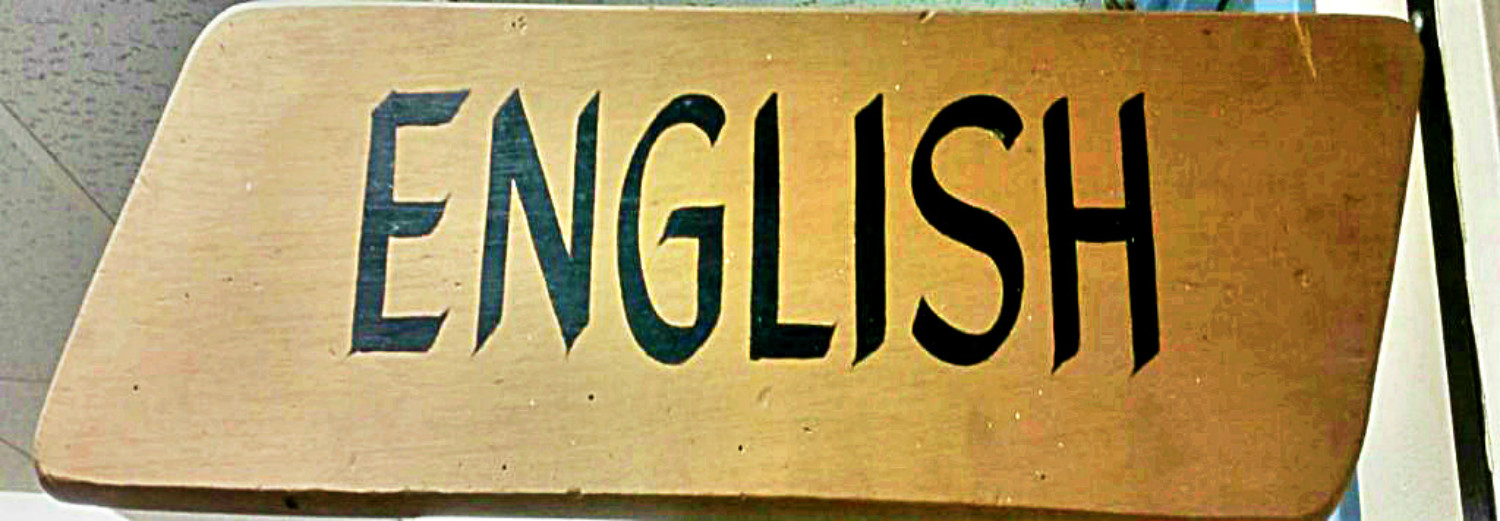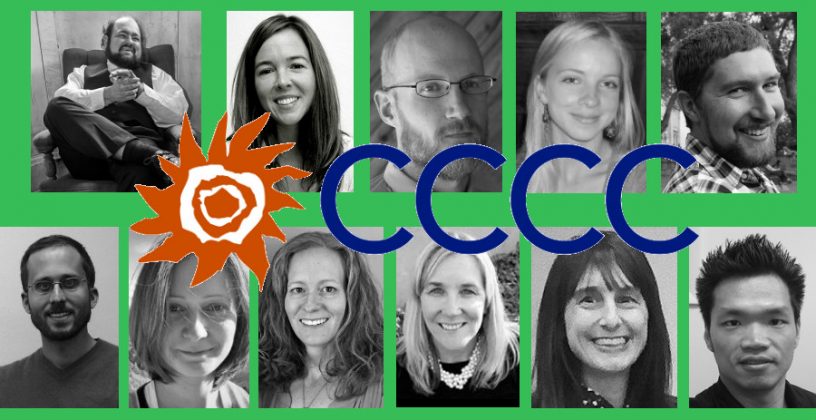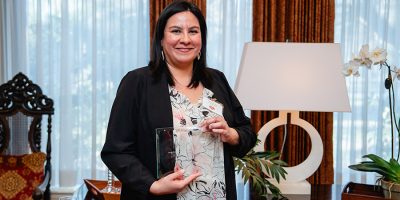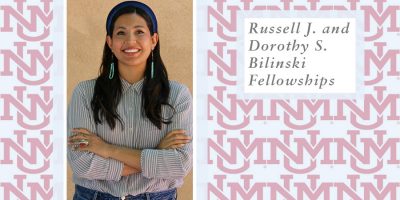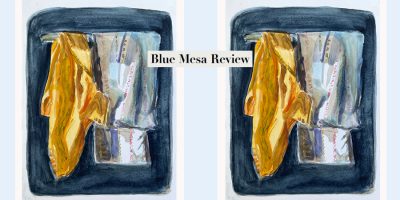Several Rhetoric and Writing faculty and graduate students presented and participated in the Conference on College Composition and Communication in Oregon, where the theme was ‘Cultivating Capacity, Creating Change.’ The Conference on College Composition and Communication (CCCC) is the leading organization in writing studies, offering not only the largest meeting of writing specialists in the world every spring but also a relevant and strategic repository of resources, research, and networking channels for these writing specialists.
Bee Chamcharatsri, an Assistant Professor, served as one of the chairs of a workshop, “Cultivating Inclusive Multilingual Pedagogies and Practices in Composition Work,” which was sponsored by the Second Language Writing Special Interest Group. This workshop provided concrete strategies for working within and across culture and language differences in writing instruction and support.
Chamcharatsri also chaired the workshop, “Writing for Publication as Multilingual Undergraduate Students,” which focused on experiences of three multilingual
undergraduate students who write for publication.
“Defining, Locating, and Addressing Bullying in the WPA Workplace,” was a workshop facilitated by Professors Bethany Davila and Cristyn Elder who lead activities on multiple ways of identifying, defining, and addressing bullying in the WPA workplace.
Davila and Elder were also speakers in the workshop, “Implementing Long-Term Changes to Basic Writing Programs in Local Contexts.” This workshop aimed to engage participants with strategies and models intended to facilitate long-term changes to basic writing (BW) curricula.
Joseph Bartolotta, Assistant Professor, was a facilitator for the workshop, “Beyond Professional and Technical Writing: Practicing Usability Testing in Composition,” which provided an overview of usability testing so that participants could apply this information to their own materials and classrooms.
PhD Candidate, Brian Hendrickson was one of the speakers in, “Ecology, Uncertainty, and Agency in WAC Programs” where speakers and attendees engaged in robust conversation about ecological principles of WAC/WID across institutions and development stages.
Hendrickson also chaired, “Seeing Things: Interrogating the Visual,” which addressed how the study of visual artifacts yields methodological insights that complicate traditional ways of approaching rhetorical ecologies.
“Placement and Assessment in Basic Writing: ALP, L2, and WAC,” was a workshop where presenters considered curricular initiatives of basic writing populations.
Zoe Speidel, a recent graduate and current instructor, presented, “Rethinking Administrative Action and Teacher Preparation for Developmental FYC.”
Assistant Professors Andrew Bourelle, Tiffany Bourelle, and Todd Ruecker, as well as PhD Student, Mariya Tseptsura all spoke on results of a study that followed an experimental online multimodal writing course aimed to engage L2 writers in, “Engaging L2 Writers in a Cross-Cultural Multimodal Online Writing Curriculum: Creating a Broader Understanding of Our Disciplinary Landscape.”
Todd Ruecker was additionally a speaker in the workshop, “Retention, Persistence, and Writing Programs: Supporting Student Success” where participants engaged in conversation about the role writing programs can play in university efforts to retain students.
Ruecker was also a facilitator for a session entitled, “Cultivating New Lines of Inquiry: Three Emerging Scholarly Spaces,” which offered a shared space for three new lines of scholarly inquiry: Borderlands (Multilingual Latinx Writers), Rural Research and Advocacy, and Public Land Activism. Ruecker facilitated discussion on “Expanding Research and Advocacy for Multilingual Latinx Writers in the Borderlands and Beyond.” This interactive session engaged the audience in discussion about new research methods and advocacy/pedagogical models for incorporating linguistic diversity in writing instruction, posing questions such as, “(How) Do current theories and orientations to linguistic diversity in composition reflect and account for the diverse histories and experiences of our students? How do we continue to develop practical methods for researching
language difference in composition?” Presenters furthermore facilitated a crowdsourcing activity to invite contributions from the audience on theories and frameworks they use in multilingual research and advocacy (e.g., second language writing, translingualism, trans/multimodality, etc.)
Julie Newmark was the 2016-2017 recipient of the CCCC Emergent Research/er Award for her work, “Reports of Agency: Retrieving Indigenous Professional Communication in Indian Bureau Agency Documents, 1902–1916.”
